
Category: biotech/medical – Page 2,838

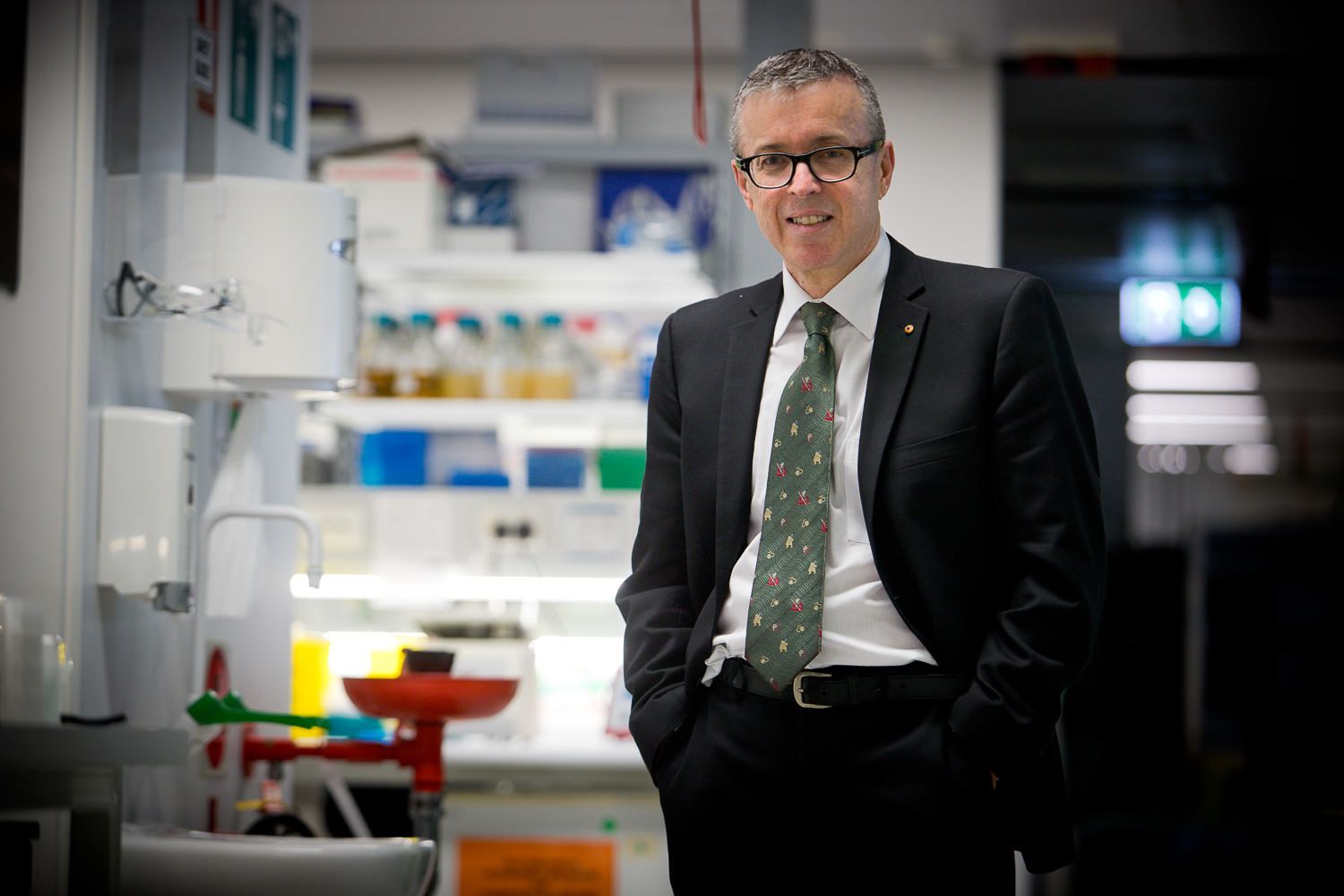
Link between neonatal vitamin D deficiency and schizophrenia confirmed
Newborns with vitamin D deficiency have an increased risk of schizophrenia later in life, a team of Australian and Danish researchers has reported.
The discovery could help prevent some cases of the disease by treating vitamin D deficiency during the earliest stages of life.
The study, led by Professor John McGrath from The University of Queensland (UQ) in Australia and Aarhus University in Denmark, found newborns with vitamin D deficiency had a 44 per cent increased risk of being diagnosed with schizophrenia as adults compared to those with normal vitamin D levels.
Theoretically Possibility That Gene Edited Twins Received a Tiny Intelligence Enhancement
The question and answer interview of He Jianku conference presentation has the most interesting parts of this debate about human gene editing of embryos. The interview starts at about 1 hour and 28 minutes of the record. The formal presentation showed that the scientist He has taken appropriate scientific care to perform the work. He took care to make sure it was on target and was successful. He took care to make sure there were no unintended off-target side-effects.
* the parents (father HIV positive) made a choice to use the edited embryos versus unedited * the CRISPR vector used to make the change. Appears to be the kind that can be ordered for about $100. There have been adult people who have self-experimented with mail order gene editing kits * the conference interviewer asked about whether He Jianku was aware of a few other research papers. Some paper suggests that the gene CCR5 could cause increased susceptibility to flu and another suggests a tiny increase in cognitive effect.
Intelligence is controlled by many thousands of genes.
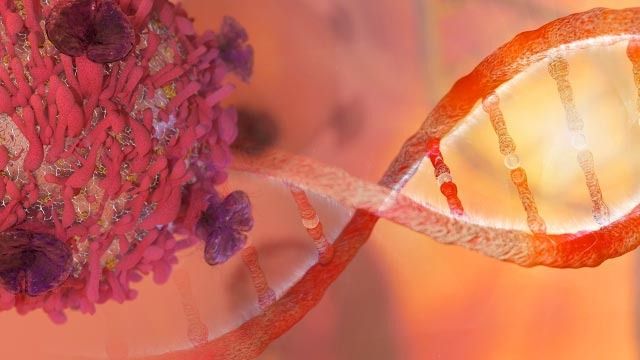
FDA Approves Drug That Targets Key Genetic Driver of Cancer
Imagine one drug that can target and kill malignant cells for some patients with many types of cancer. A new drug called Vitrakvi (larotrectinib), now approved by the U.S. Food and Drug Administration, shows promise of doing just that for both adults and children with a variety of sometimes rare cancers that share one specific genetic mutation.
The mutation, called a TRK fusion, occurs when one of three NTRK genes becomes mistakenly connected to an unrelated gene and ignites uncontrolled growth. By solely targeting this mutation, the drug is designed to turn off growth signaling with a minimum of other toxicities.
According to the drug manufacturer, Loxo Oncology, this specific mutation can occur in a small subset of various adult and pediatric solid tumors ranging from cancers of the appendix, bile ducts, breast, lung, pancreas and thyroid to melanoma, GIST and various sarcomas.

We Need to Prepare For Quantum Attacks Now, Top US Scientists Warn
The promise of quantum computing brings with it some mind-blowing potential, but it also carries a new set of risks, scientists are warning.
Specifically, the enormous power of the tech could be used to crack the best cyber security we currently have in place.
A new report on the “progress and prospects” of quantum computing put together by the National Academies of Sciences, Engineering, and Medicine (NASEM) in the US says that work should start now on putting together algorithms to beat the bad guys.
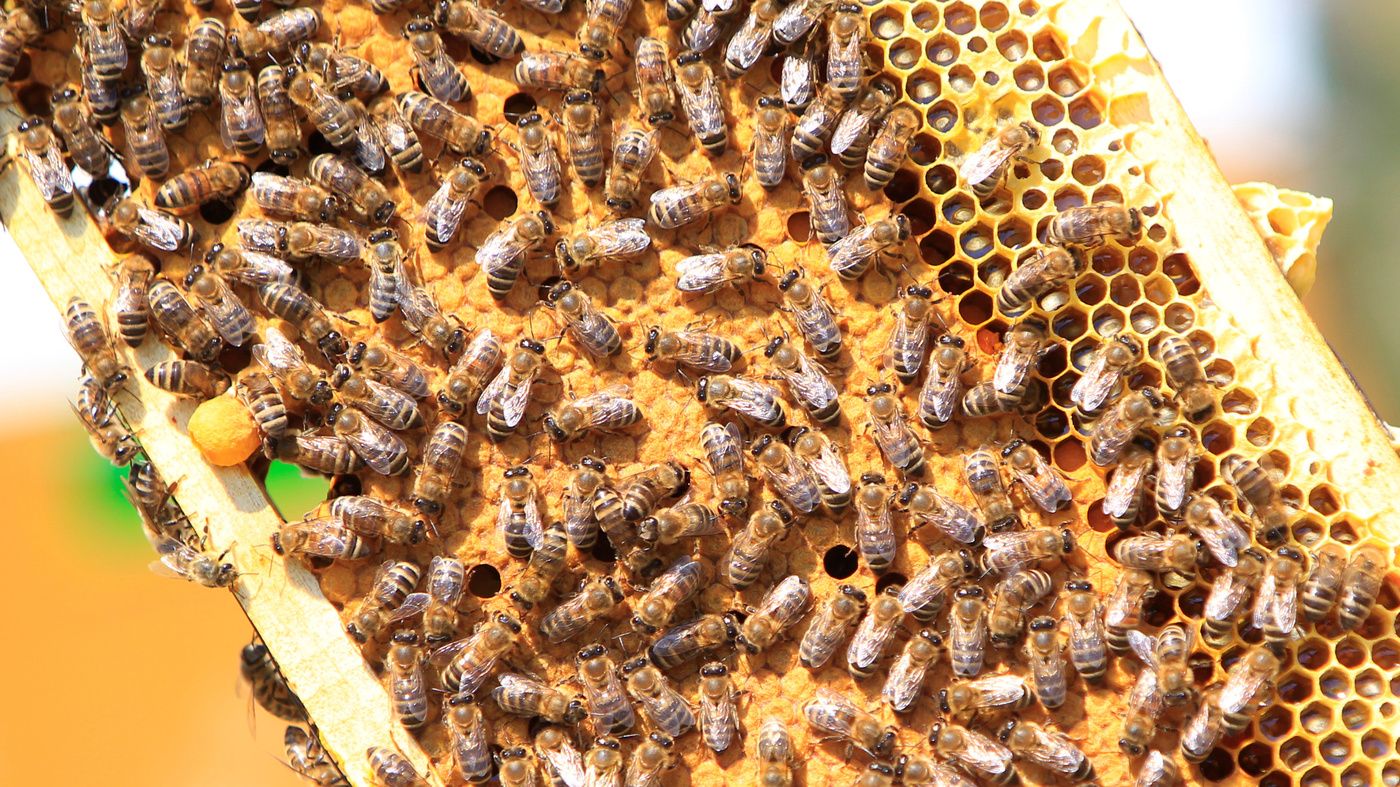
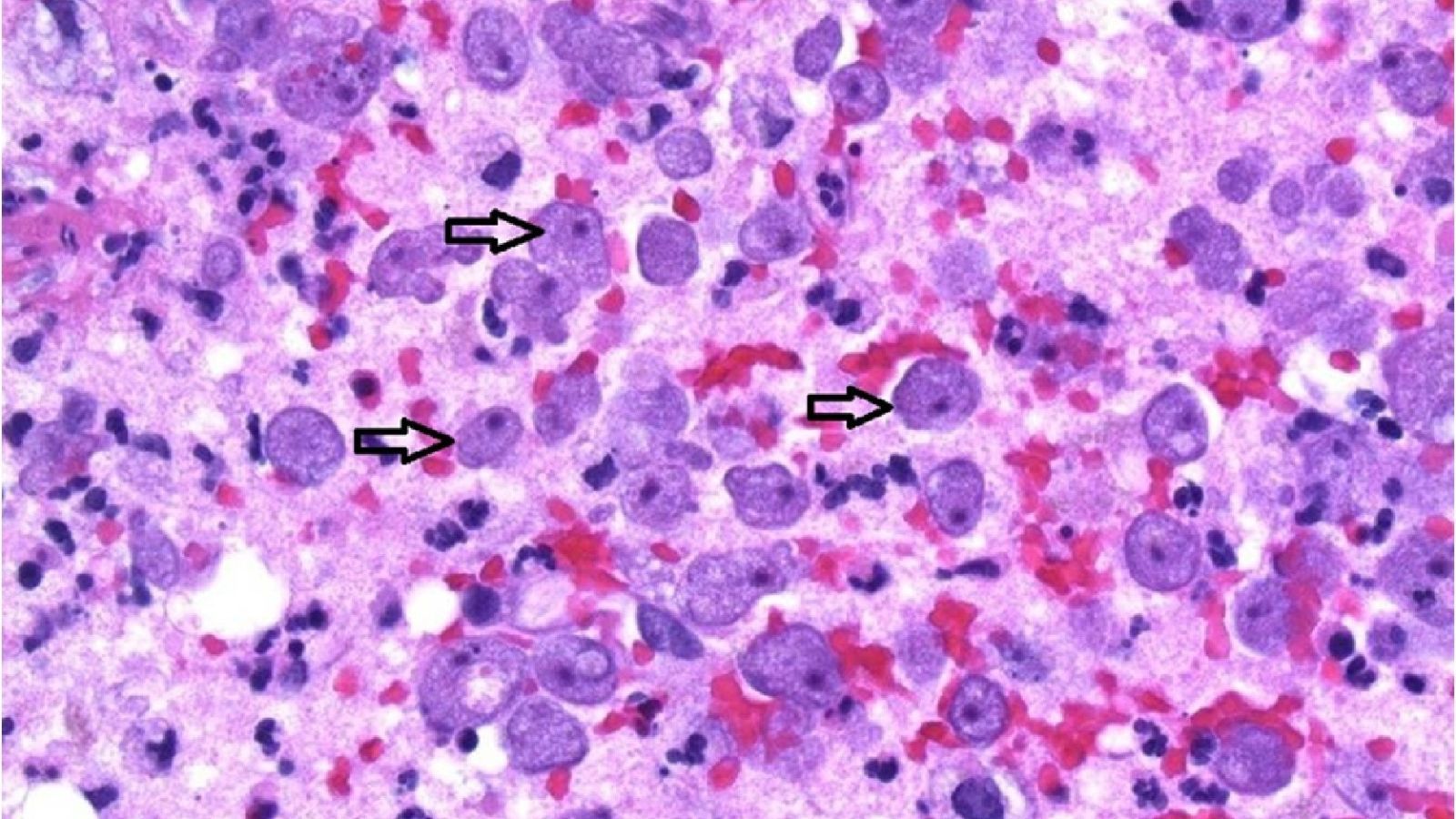
Rare Brain-Eating Amoeba Kills Woman Who Filled Her Neti Pot With Tap Water
A 68-year-old Seattle woman who died after contracting a rare brain-eating amoeba used regular tap water to rinse her sinuses, according to new research.
As noted in a new International Journal of Infectious Diseases case study, the infection was initially misdiagnosed as a brain tumor. During surgery to remove the suspected tumor, the lead neurosurgeon, Charles Cobbs from Seattle’s Swedish Medical Center, was taken aback by the extent of the brain damage. So he extracted a sample for further testing.
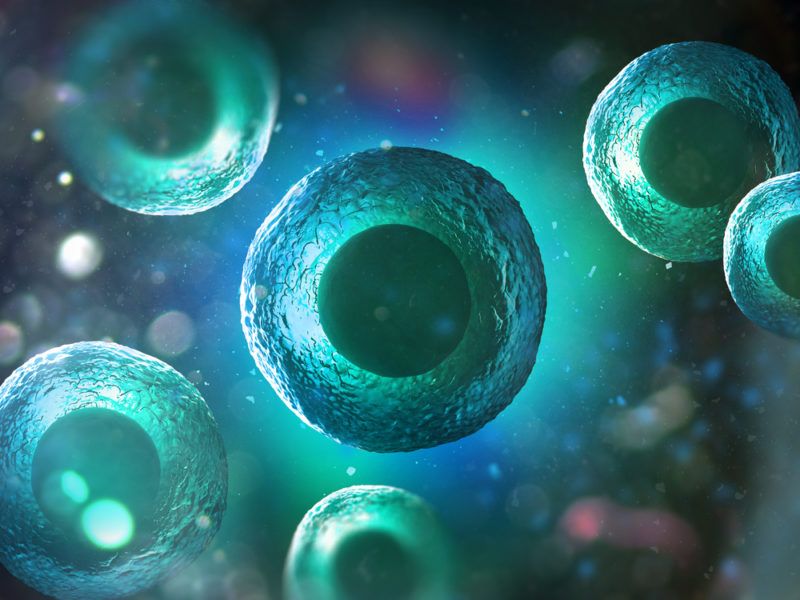
Human Stem Cell Trial Successful Against Age-Related Frailty
Today, we want to highlight results from human trials in which stem cell transplants have been shown to reduce age-related frailty.
Age-related frailty and stem cell transplants
Currently, there are no specific approved therapies to address age-related frailty, which can cause elderly people to suffer potentially fatal falls and injuries. There has been considerable interest in stem cell therapies to combat frailty in recent years, and the results we will discuss today are from one of the more advanced human clinical trials exploring mesenchymal stem cell (MSC) transplants [1].

A Heart Failure Patient Actually Coughed Up This Blood Clot Shaped Like a Lung Passage
Though it resembles a coral, root system, or some other kind of growth, the above photo actually depicts a six-inch-wide blood clot in the near-perfect form of the right bronchial tree of a human lung, the Atlantic reported on Thursday. Even more uncomfortable is the revelation that it was not removed by medical staff, but in fact coughed up by a patient who was suffering from heart failure.
The photo was released in late November as part of the New England Journal of Medicine’s Images in Clinical Medicine series. University of California at San Francisco doctors Gavitt A. Woodard and Georg M. Wieselthaler wrote that it came from their patient, a 36-year-old man who had long struggled with chronic heart failure. The patient reportedly had a medical history including “heart failure with an ejection fraction of 20%, bioprosthetic aortic-valve replacement for bicuspid aortic stenosis, endovascular stenting of an aortic aneurysm, and placement of a permanent pacemaker for complete heart block.” When the patient was admitted to the hospital’s intensive care unit, they hooked him up to a pump designed to help circulate blood throughout the body:
An Impella ventricular assist device was placed for management of acute heart failure, and a continuous heparin infusion was initiated for systemic anticoagulation. During the next week, the patient had episodes of small-volume hemoptysis, increasing respiratory distress, and increasing use of supplemental oxygen (up to 20 liters delivered through a high-flow nasal cannula). During an extreme bout of coughing, the patient spontaneously expectorated an intact cast of the right bronchial tree.
Cafe opens in Tokyo staffed by robots controlled by paralyzed people
Dawn is an inspirational marriage of technology and humanity.